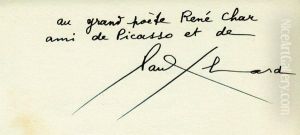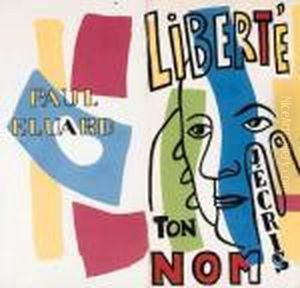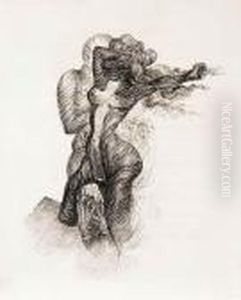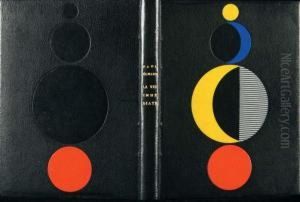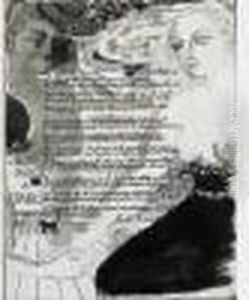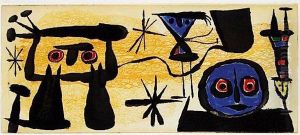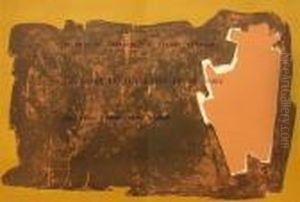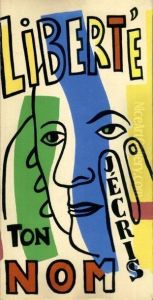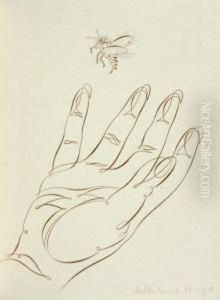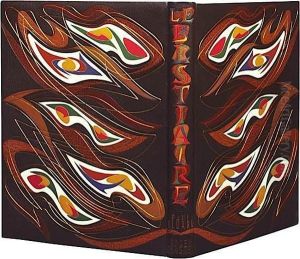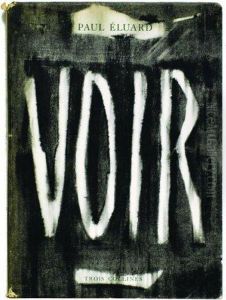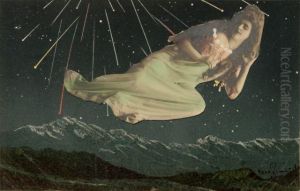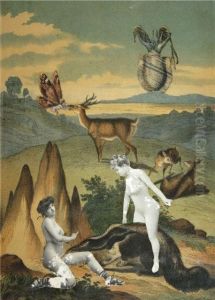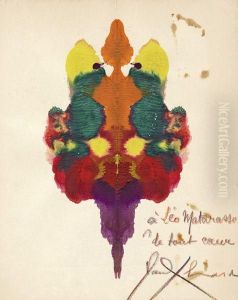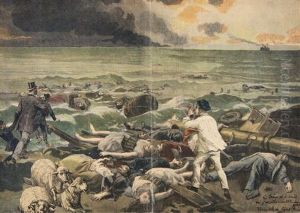Paul Eluard Paintings
Paul Éluard, born Eugène Émile Paul Grindel on December 14, 1895, in Saint-Denis, Paris, was a prominent French poet and one of the founders of the Surrealist movement. Éluard's work is noted for its thematic diversity, emotional depth, and revolutionary spirit, exploring themes of love, human suffering, and the quest for freedom and justice.
Éluard's early life was marked by a series of health problems, including a severe bout of tuberculosis that led him to Switzerland for treatment. It was during this period that he began to write poetry. His early works were influenced by the Symbolists, but his style and thematic concerns evolved significantly over time.
In 1916, during World War I, Éluard was drafted into the French Army. The horrors of war profoundly impacted him, infusing his subsequent poetry with themes of human cruelty and the desire for peace. After the war, he became deeply involved in the Dada movement, and later, alongside André Breton, Louis Aragon, and others, he played a crucial role in the development of Surrealism. His poetry from this period, including collections like 'Capitale de la douleur' (1926), embraced the Surrealist fascination with dreams, the unconscious, and the irrational.
Éluard's personal life, particularly his relationships with women, also significantly influenced his work. His marriage to Gala, who later became Salvador Dalí's wife, and his relationships with other women, including Maria Benz, inspired many of his love poems. These works are celebrated for their lyrical beauty and emotional intensity.
During World War II, Éluard's poetry took a decidedly political turn. He became an active member of the French Resistance, and his poems from this period, such as 'Liberté' (1942), became emblematic of the French struggle against Nazi occupation. 'Liberté' was even parachuted by the Allies into occupied France as a symbol of hope and resistance.
After the war, Éluard continued to write, exploring themes of love, freedom, and human dignity. His commitment to communist ideals also led him to engage with political issues, though he remained primarily a poet of the human condition. Paul Éluard died of a heart attack on November 18, 1952, in Charenton-le-Pont, France, leaving behind a rich legacy as one of the 20th century's most influential and beloved poets.
